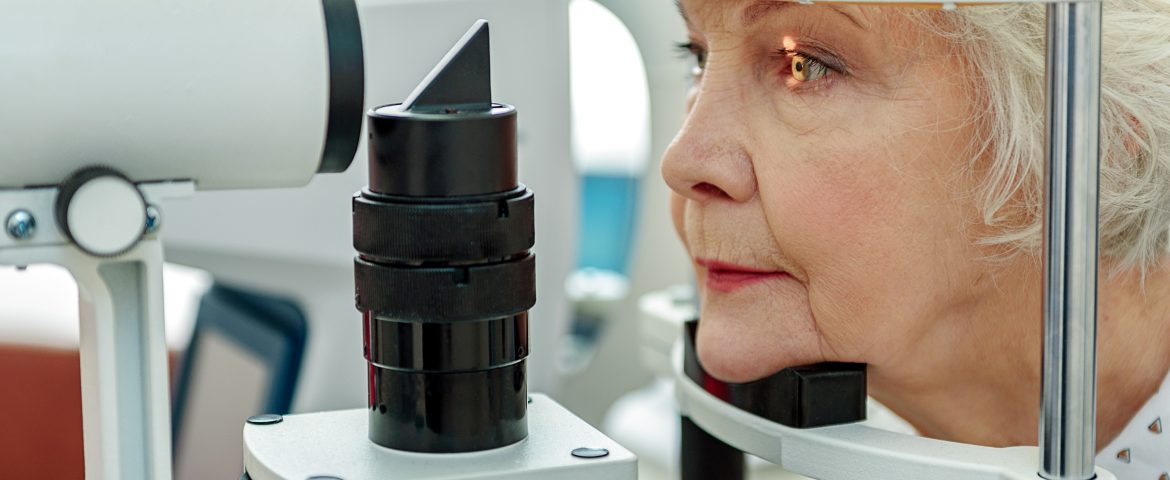About 4 million people in the U.S. currently have glaucoma, but only half know it, according to the Glaucoma Research Foundation. And while this eye-related disease isn’t uncommon, there are still a lot of myths floating around about it. We want to clear the lenses and sort fact from fiction, so put on your reading glasses and take a look at these debunked glaucoma myths.
Myth: Only people with poor vision get glaucoma.
Fact: Anyone can develop glaucoma, no matter how great their vision. Even those with 20/20 vision can develop the disease, which is why it’s important to get regular eye exams even if you don’t have glasses or contacts.
Myth: Symptoms for glaucoma are clear and severe.
Fact: Early-stage glaucoma often doesn’t have any noticeable symptoms. If you do have symptoms, they’re usually very subtle—like a slight decrease in peripheral vision—and they can come and go. By the time the disease progresses to the point of hazy vision and eye pain, vision loss may already be present. This is why early detection through routine vision exams is so important. Your eye doctor can spot early warning signs before symptoms begin and recommend treatment options right away.
Myth: Glaucoma only affects the elderly.
Fact: Glaucoma can affect anyone. Most glaucoma cases are found in people over 40, which means you can develop the disease long before you hit senior citizen status. While the majority of glaucoma cases are age-related, multiple types of glaucoma can affect newborns and people in their 20s. Those with African, Hispanic or Asian heritage are also at a higher risk for developing glaucoma, as are those who have experienced an eye injury.
Myth: There’s no cure for glaucoma.
Fact: Unfortunately, this one is actually true. There is no cure for glaucoma and glaucoma-caused vision loss can’t be restored—but that doesn’t mean you should forego treatment. There are treatments that can slow the progression of the disease, lessen symptoms and prevent vision loss by lowering eye pressure. There are a range of options to treat the symptoms and progression of glaucoma, like medicines (including eye drops), laser procedures and conventional surgery.
The main takeaway in all of this is that regular eye exams are pretty important for everyone, even if you don’t have any known risk factors for glaucoma. The American Academy of Ophthalmology recommends getting a baseline eye disease screening at age 40, with regular follow-ups based on your doctor’s recommendations. If you have any glaucoma-related risk factors, your doctor will most likely recommend more frequent screenings.
You don’t have to let glaucoma sneak up on you; knowing fact from fiction and getting regular eye exams is just one way you can keep those peepers in tip-top shape for years to come.


